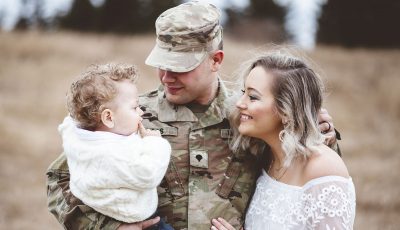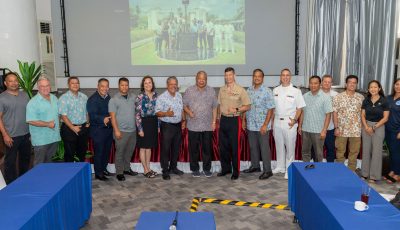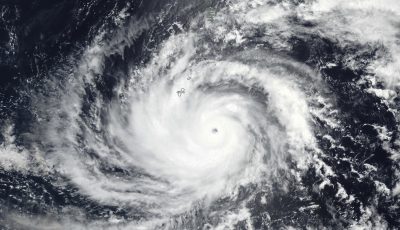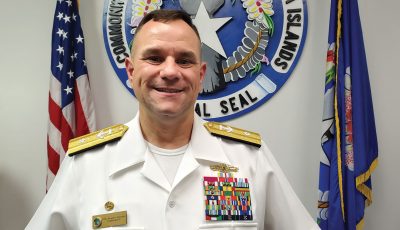Military culture
Two institutions determined how I ladled my soup in my youth. First, there was West Point of far away America but close to Pinoy imagination. The second was the Philippine Military Academy in Baguio where shorter versions of cadets at West Point bugled themselves on and off barracks. It was my mother’s fascination with both that got my siblings and I to scoop soup with engineering precision.
The posture called for a straight back, head up and eyes front, left hand on the lap, right hand on the soup spoon (lefties were deemed sissy) dipping it on the bowl, perpendicularly lifting the spoon to the level of one’s lips, then moving it to the mouth. Reverse the movement for the next dip.
I did not understand this when we were young in Sanchez Mira, Cagayan, where my friend’s Papa at his house sat on his stool with his undershirt rolled up to the chest, left foot on the bar of the chair and left elbow on the raised knee, knuckled fist on the cheek as he slurped his soup straight from the bowl. Ladle was for wimps, he said. I tried the gesture once at my house. My mother asked: Ano ka, intsik? (What are you, Chinese?) The Hakka merchants in town were not known for finesse in public appearance, let alone dining.
It was not until I was 4 when mother took us to my great aunt’s house in Laoag, Ilocos Norte, that I understood the import of the military tradition in the dining room. She was married to the youngest elected governor of the Province of Ilocos Norte, a personal friend of President Quezon who disappeared during the war while fighting the Japanese in the mountains. While on the run, great aunt was captured and the governor was declared MIA shortly thereafter. His body was never found but my great aunt retained a mystique that made political wannabes trek to her house for her blessings before tossing hats (no ribbons) into the electoral ring.
It was around her dining table where I noticed the military ladle. There were stiff uniforms around the table. My uncle was aide to a young Sen. Ferdinand Edralin Marcos. The only son of the late guv, Roquito (the late guv was Roque) also got elected to public office. A major named Fidel Edralin Ramos who attended West Point also graced the table.
My brothers grew up wanting to join the military service, and to the credit of uncle politico, he did not assist hard enough, though as a national legislator he could have recommended either of them to PMA. I was averse to guns and commands so I was out of the picture.
I skipped ROTC in my first two years of college but I needed two years of it to graduate so I donned a uniform on my last two years in college. My school was short of officers, and being the student council president and later the school paper editor, I was offered a First Louie ranking to escort the band majorette in parades. She was a bit on the plump side but oh so good-looking. I acceded.
As one of the officers, I took a test administered to some 20K officers across the country to train as a pilot with the Air Force. Three hundred of us were notified to appear at the Air Force Base near Manila for physical, finally paring 75 invited to enlist for training. The come-on was the possibility of training on the U.S. Air Force’s F-4 in Colorado Springs, should we qualify. Heady stuff for a young mind to process.
The Vietnam War heated up and the signs of violent times were on the wall. Mactan Air Base in the Visayas supported U.S. operations. The girls at the Manila Air Base were smart looking and they thought we were not bad looking either. But I was ambivalent re pilot training and when the recruiting officer mentioned that if we declined to enter the incoming class, we had a second option on the next one, I postponed deciding.
Today, everywhere in the world, it is the military that is expected to maintain order when chaos prevails, preferably led by Sandhurst or West Point grads, though an Ecole Militaire will do, too, as Ecole Polytechnique produced better engineers (and MIT would surpass the cadets by the Hudson). I did not follow the course.
Things moved fast. Thanks to USIS, 50-some student leaders in a six-week sojourn to Rizal’s Retiro Park in Mindanao in the first YMCA Rizal Youth Leadership Training Institute became conversant on the contradictions and promises of democracy, of socialism, and of communism.
In between semesters, eyeing a career in civil law, I joined an Asian Christian Youth Assembly at Silliman University in Dumaguete City in ’64 where I saw Vatican II’s import and the ground swell of oikumene. In ’65, the U.S. got sucked into a skirmish its military-industrial complex was raring to jump into in Vietnam. My soul shifted to canon law, and journeyed akin to Nikos Kazantzakis’ Saviors of God.
I was an adult by assignment at 10; at 20, I became an adult by choice! I sailed under SF’s Golden Gate in ’65 leaving my short pants in Pea Eye. I ladled my soup my own way from then on.



























